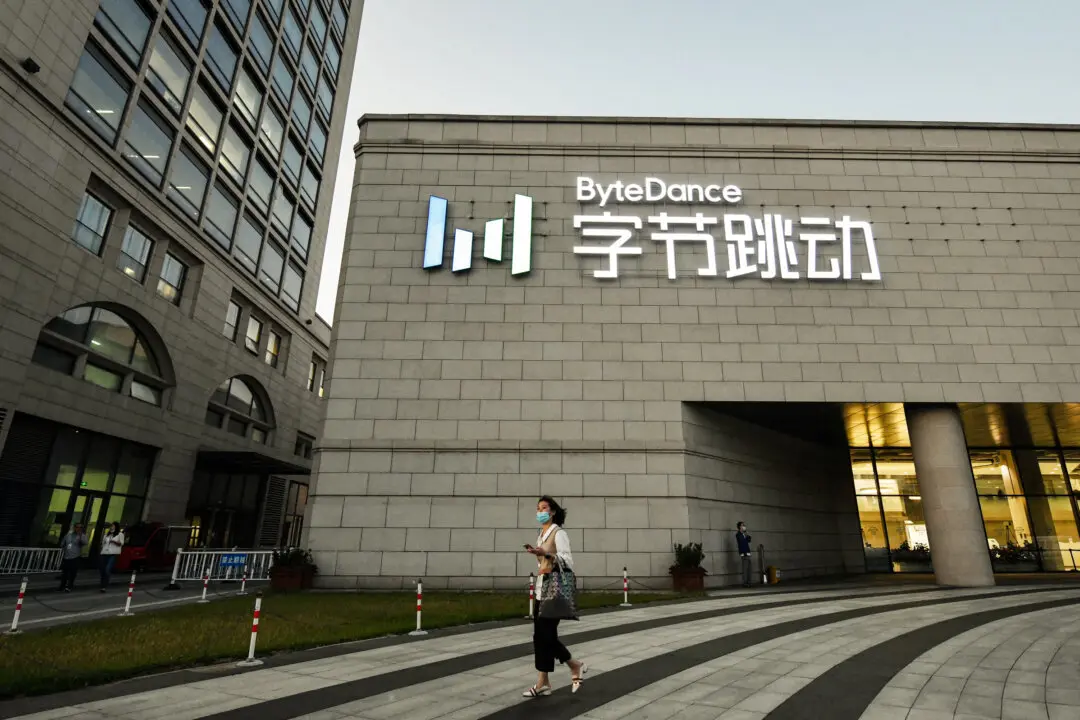The Chinese communist regime has further tightened exit control, extending passport confiscation to the lowest-ranking civil servants and even retirees, among other groups, according to Chinese citizens.
Observers pointed out that there are both political and economic reasons for the change.
Since the 2010s, the Chinese Communist Party (CCP) has required its higher-ranking cadres, state employees in certain sections that it deemed sensitive, such as in the financial system, and teachers in some parts of China to hand in their passports. If they need to go abroad, they must file applications for approval. In 2024, the exit control and passport confiscation expanded to more groups in more regions, including university professors and schoolteachers.
A retired civil servant in Beijing with the surname Guo told The Epoch Times on July 28 that he learned from his colleagues that many section chiefs and deputy section chiefs, who are the lowest-ranked officials within the CCP’s system, have been asked to hand in their passports and Hong Kong and Macau passes. Guo did not give his last name because of safety concerns.
“They were told their passports will be kept in a centralized location,” Guo said. “If they want to travel abroad, they must first submit a written application to their work unit, which will be signed by officials at the department level and above, and then submitted to the personnel department for approval.”
He said the passport confiscation also targeted retired low-ranking civil servants.
According to Guo, a retired civil servant he knew used to work as a division director in a small county in Guangxi Province before he obtained permanent residency in a foreign country. The person returned to China to visit relatives recently but was asked to hand over his passport, Guo said.
“His former work unit has demanded he surrender his passport,“ Guo said. ”He applied to leave China to return to his home abroad, but his work unit only approved a six-month leave. If he doesn’t return by that time, his pension will be suspended, which is completely against China’s national regulations.”
The CCP’s exit control over state-owned enterprise employees has further tightened this year, according to Sun, head of the bank loan department at a state-owned enterprise in Guangdong Province. Sun did not give her full name because of safety concerns.
She said that besides the confiscation of all passports and travel permits, “now the regulations limit foreign travel to once a year, with two trips allowed under special circumstances. And it must be approved in advance, and travel dates cannot be changed after approval.”
Exit control of schoolteachers expanded from teachers in the southeastern province of Fujian, the eastern province of Shandong, and the northern region of Inner Mongolia to other regions this year.
A Guangzhou resident surnamed Liao told The Epoch Times that elementary school teachers are now restricted from leaving the country.
“My classmate teaches at an elementary school, and his employer has confiscated his passport,“ Liao said. ”He had to use his personal connections with authorities to get to use it. And even going to Hong Kong requires an application.”
She said freedom to travel no longer exists.
Regarding the CCP’s extension of passport and exit control to the lowest-level officials in its system, Shen Ming-shih, director of the Division of National Security Research at Taiwan’s Institute for National Defense and Security Research, told The Epoch Times on July 29 that the party wants to tighten control of its younger-generation cadres, who may have a lot of important firsthand information within the CCP system, Shen said.
He said another reason the CCP wants to control their exit is that “if these younger cadres who play important roles in various government departments want to flee or leave the country or immigrate, it will have a huge impact on China,” because it would show that these section-level civil servants have no confidence in the CCP.

A mainland Chinese lawyer with the surname Ren told The Epoch Times on July 29 that the CCP also has economic reasons for the expanded exit control.
“The Chinese economy is not in a good shape and the regime is short of money,” Ren said.
He also said that “civil servants in China aren’t even allowed to go out for dinner or drink” under recent state regulations. The expanded exit control “is the CCP’s intentional effort” to reduce the amount of money that Chinese people spend abroad.
A law professor in mainland China surnamed Liu told The Epoch Times on July 29 that the main purpose of the expanded exit control is “to prevent people within the system, including primary school teachers, and especially officials, from gaining firsthand experience of the politics, economy, society, and systems of developed countries in Europe and the United States after traveling abroad, and from truly realizing the barbarity and backwardness of the CCP’s totalitarian and authoritarian politics, and thus completely shaking the last bit of faith they have left in the CCP system.”
He said the tightened control reflects that the CCP is at the end of the road.






